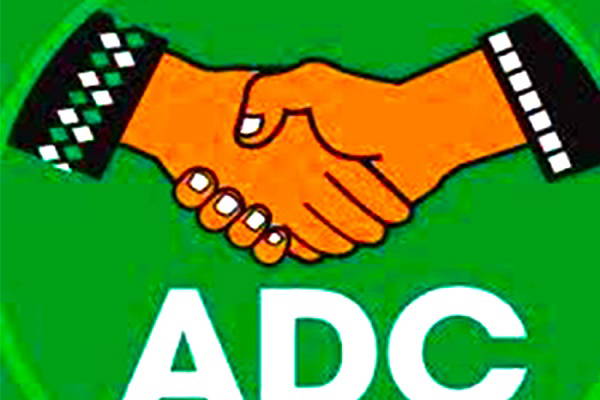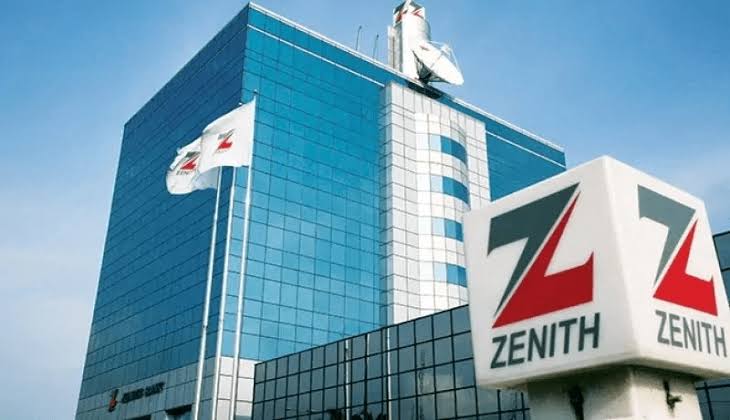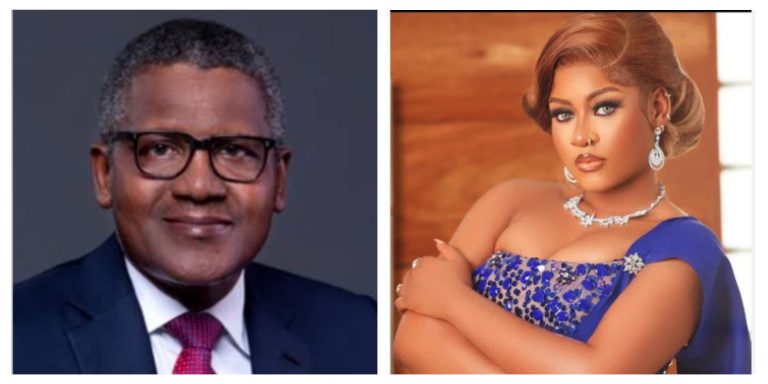Stakeholders in the African Democratic Congress (ADC) coalition have decided to slow down ongoing talks aimed at forming a united front to defeat the ruling All Progressives Congress (APC) and President Bola Ahmed Tinubu.
The decision follows the recent interrogation and detention of former Sokoto State Governor Aminu Waziri Tambuwal by the Economic and Financial Crimes Commission (EFCC).
According to reports from The Guardian, the coalition’s leadership suspects that the Presidency may have infiltrated their ranks with moles. These suspicions intensified after the EFCC invited several key coalition figures for questioning.
A former governor who is part of the coalition told the publication that the timing of the EFCC’s move raised concerns. He noted that the anti-graft agency’s action came only days after former Vice President Atiku Abubakar suggested he might step aside from his presidential ambitions, provided Tambuwal was selected as running mate to a Southern candidate.
The source, who also served as a senator, said the coalition believes the sudden EFCC intervention was politically motivated. He questioned why such actions coincided precisely with sensitive negotiations over potential unity candidacies.
“We have reason to believe that the powers that be have got some moles into our midst,” he said. “Or, how else could one explain that at a time when the former Vice President started listening to pleas for him to allow the South complete its eight years, only for EFCC to come in?”
He added that the coalition has decided to delay key decisions until it can better understand the administration’s strategy for the coming elections. He accused the ruling party of being aware of Tinubu’s dwindling popularity and attempting to disrupt opposition unity through intimidation tactics.
“It is obvious to them (APC) that their man is not popular and that Nigerians are looking beyond him. This brute tactic can only delay, but not deter us,” he said.
The former senator explained that the coalition is now shifting its approach to ensure its political strategy remains unpredictable. According to him, this will make it harder for alleged infiltrators to anticipate or undermine their plans.
He described the ruling party’s alleged methods as “the highway method,” suggesting they involve aggressive and forceful political maneuvering rather than fair competition.
The ADC coalition has been in talks with various opposition figures and parties in an attempt to mount a strong challenge against the APC in the 2027 elections. These discussions have focused on bridging North-South political divides and presenting a single ticket capable of unseating the incumbent administration.
The recent EFCC action against Tambuwal has, however, created significant tension within the group. While the anti-corruption body has not publicly linked the investigation to politics, coalition leaders believe the move is intended to disrupt their unity efforts.
Tambuwal, a former Speaker of the House of Representatives and two-term governor, has been a key figure in the coalition talks. His political influence, particularly in the North-West, has made him a critical part of any potential opposition alliance.
The coalition’s decision to pause its high-level negotiations underscores the level of mistrust and caution shaping Nigeria’s pre-election landscape. Political analysts note that such suspicions are not new in Nigerian politics, where opposition groups often allege state interference in the run-up to elections.
For now, the ADC-led coalition says it will focus on internal restructuring, safeguarding its discussions from leaks, and preparing for what members believe will be an intense political battle ahead.
The group maintains that despite these setbacks, it remains committed to challenging the APC and believes that public dissatisfaction with the current administration could still lead to a successful opposition bid in the next election cycle.





